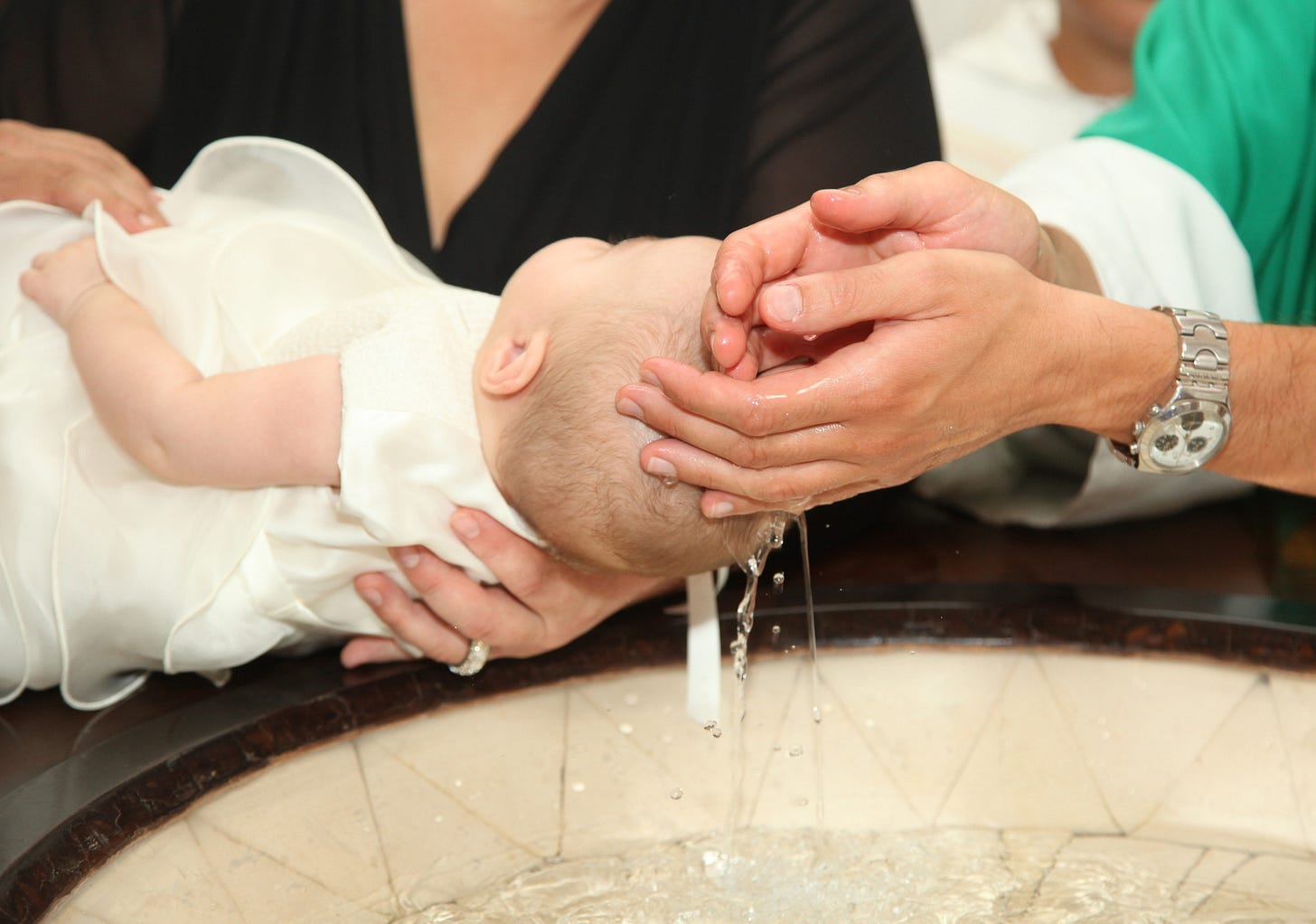People today wonder about baptism. Why do we get baptized? Is one baptism better than another? What’s the deal here?
You may have been baptized years ago. But surely there are people you know who have questions about baptism. Here are some solid answers…
There are three basic positions on baptism today. There is the Reformed Calvinist position which many …



